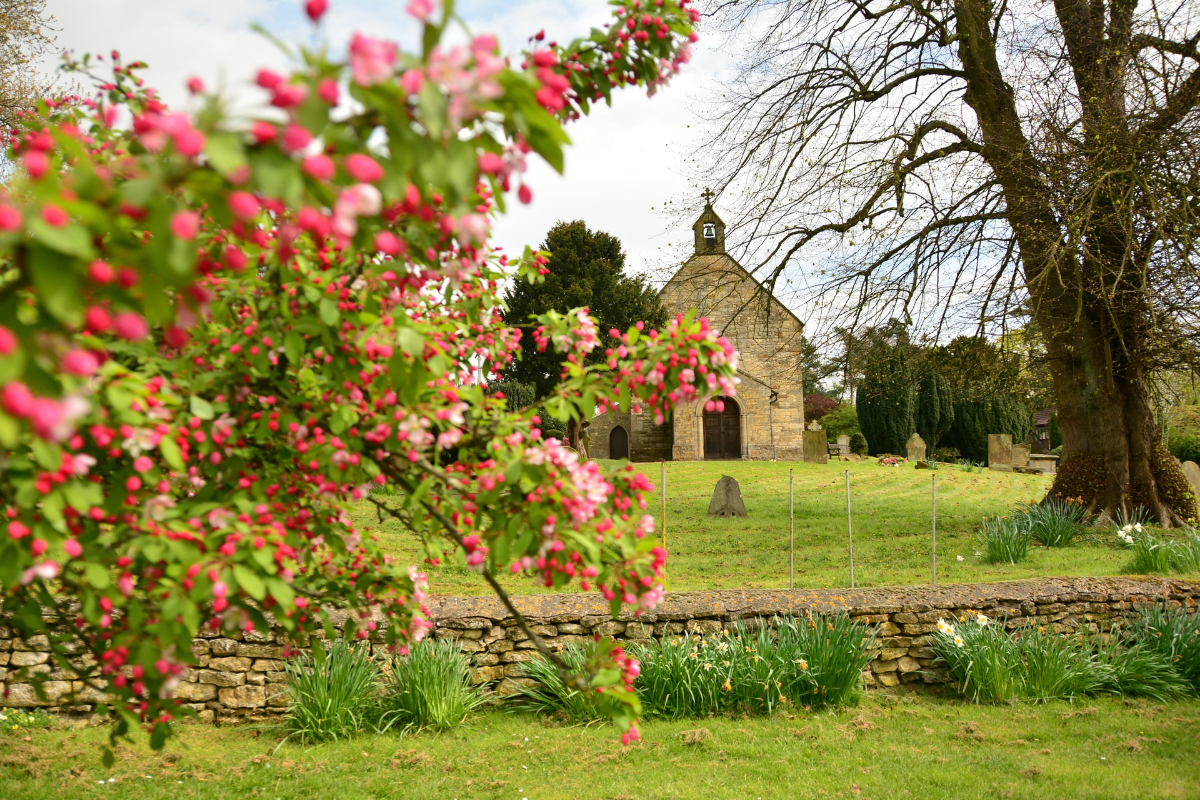Learn what is needed to prepare for a funeral. From choosing a funeral director to arranging the service, selecting burial or cremation, and managing legal requirements, funeral planning involves careful consideration.
Discover essential steps to organise a respectful farewell, including memorial details, paperwork, and supporting loved ones through the process.
Traditional Burial Or Cremation
One of the initial steps in planning a funeral is deciding whether the loved one will have a traditional burial or be cremated. This choice often hinges on personal, religious, or cultural preferences. It is essential to discuss this decision with family members and consider what the deceased may have wanted. Cremation is sometimes chosen because it can be simpler and less costly compared to a traditional burial.
However, burial offers the advantage of providing a physical place to visit and remember the loved one. The decision should carefully weigh the benefits and drawbacks of each option. If a burial is chosen, there are several steps to follow.
These include selecting a casket, choosing a burial plot, and deciding on a headstone. Each of these tasks involves specific decisions and costs. It's important to consider these aspects early in the planning process to avoid any unforeseen stress or complications. For cremation, decisions need to be made about the type of urn to be used.
Additionally, you will need to consider where the ashes will be placed or scattered. Each cremation option comes with its own set of requirements and costs, which should be carefully considered. Financial planning is a significant part of the funeral planning process.
By discussing these choices early, you ensure that the planning process is smoother and less stressful for everyone involved. It also allows families to make more informed decisions about the type of memorial they wish to provide for their loved ones. In summary, whether opting for traditional burial or cremation, careful consideration of all factors will help in making the process as respectful and smooth as possible.
Type Of Remembrance Service
Once the burial or cremation decision is made, the next step is to choose the type of remembrance service that will best honour the deceased.
Traditional funerals often take place in a religious setting or funeral home and may include readings, music, and a eulogy. A memorial service, on the other hand, doesn't require the body to be present and can be held at a later date.
Some families opt for a celebration of life, which is more personalised and focuses on the positive memories of the loved one, often including photos, videos, and sharing of stories.
This type of service can take place in a variety of locations, from a community centre to someone's home.

Decide on the format and location of the service. Consider what would make family and friends feel most connected to the loved one. If the deceased had specific wishes for their service, make sure to honour those. Plan the funeral in such a way that there is room for everyone to share their memories and offer support to one another. Including elements such as favourite songs, cherished readings, and even a video montage can personalise the event.
Funeral directors can assist with these arrangements, ensuring that all details—from flowers to transportation—are managed effectively. These professionals provide valuable guidance and support, taking much of the organisational burden off the family. Consult them to explore the various options and ensure a dignified and respectful service.
Personalise The Funeral
Personalising a funeral helps in making it a true reflection of the person’s life. Begin by considering the deceased’s hobbies, interests, and personality traits. For example, if the loved one was an avid gardener, flowers from their own garden might be included in the service. Photos and videos are a great way to bring back memories and can be set up in a slideshow or displayed around the venue. Music is another way to personalise the event. Choose songs that had a special meaning to the deceased or that were favourites of theirs.
Readings, poems, or even anecdotes shared by family members and friends can add a personal touch. You may also want to consider creating a memory table with items that were significant to the loved one. Funeral homes often offer a range of options to help personalise the services, including custom memorial cards, online tribute pages, and themed decorations. The key is to create a service that celebrates the life and unique essence of the deceased.
Additionally, incorporating the deceased’s favourite colours into the decor or requesting attendees to wear a specific colour can add a personal touch. You could also distribute keepsakes, such as personalised candles or bookmarks, that guests can take home to remember the person. The choice of venue can also enhance personalisation. Hosting the service at a location that held special significance for the deceased allows for a more intimate and meaningful experience.
Ultimately, personalising a funeral is about honouring the individual in a way that reflects their unique journey. Taking these steps ensures a heartfelt farewell that offers comfort and connection for all who attend.
Choose Final Resting Place
Selecting a final resting place is a pivotal part of the funeral planning process. If you opt for a burial, you'll need to purchase a burial plot in a cemetery. This plot may be a family plot or a new location that held special meaning to the deceased.
It's crucial to check the rules and regulations of the chosen cemetery, as these can vary significantly. If cremation is chosen, you must decide where the ashes will be kept or scattered.
Options include keeping the urn at home, placing it in a columbarium, or scattering the ashes in a significant place for the deceased.
Some families choose to split the ashes, distributing them among several locations or family members. It's also important to consider the long-term care of the site.

Make sure that there are arrangements for the upkeep of the burial plot or columbarium niche. Some cemeteries offer perpetual care services, which might be worth considering to ensure the site remains well-maintained over the years.
Additionally, keep in mind that each cemetery or memorial site may have unique guidelines for memorial markers, decorations, and visits. Ensuring these regulations align with your wishes can help avoid potential conflicts or issues in the future.
Method Of Payment
Planning a funeral can be costly, so understanding the financial aspects upfront is crucial. The first step is to check if the deceased had life insurance that could cover the funeral expenses. Some life insurance plans specifically include funeral costs, which can relieve much of the financial burden during this challenging time. If no life insurance is available, you will have to look for other means of payment.
Consider using savings accounts, asking for help from family and friends, or even establishing a fund for donations to gather the necessary money. Be sure to discuss these options with family members to plan the funeral within your budget. Open communication can ensure everyone is on the same page and can contribute if possible.
It’s also advisable to request a comprehensive price list from the funeral director to understand all the costs involved. Funeral homes offer various packages that could include services such as transportation, embalming, viewing, and memorial items. Don’t hesitate to ask about all available options to make informed decisions.
By understanding the cost breakdown, you can choose a package that fits your financial situation while honouring your loved one adequately. Some government programmes may also provide financial assistance for funeral costs. It’s worth checking these resources as they can help alleviate some of the expenses. Government support varies, so it’s important to research and determine what financial help you might be eligible for.
Additional cost-saving measures can include opting for a less expensive coffin or urn, holding the funeral at a less costly venue, or even considering cremation, which can be more affordable than a traditional burial. Small adjustments can lead to significant savings, ensuring you honour your loved one without financial strain. Planning a funeral within a budget is undoubtedly challenging, but with careful consideration of all available resources and clear communication with family, it is achievable.

Are you looking for a funeral director in Shrewsbury? Our family run funeral director service provides support for you and your loved ones during the funeral arrangement and service.

